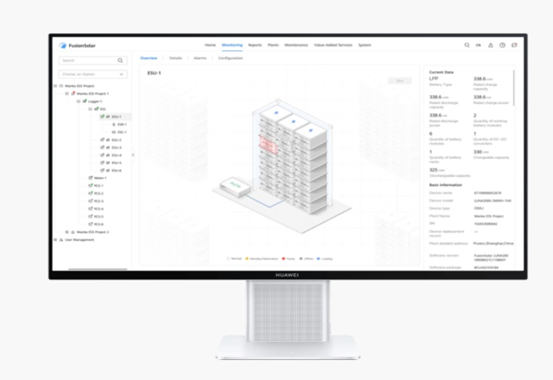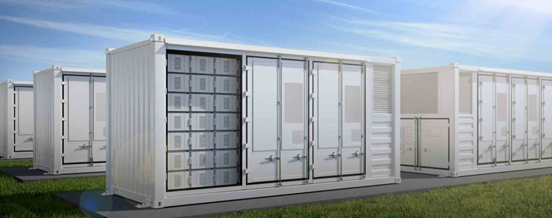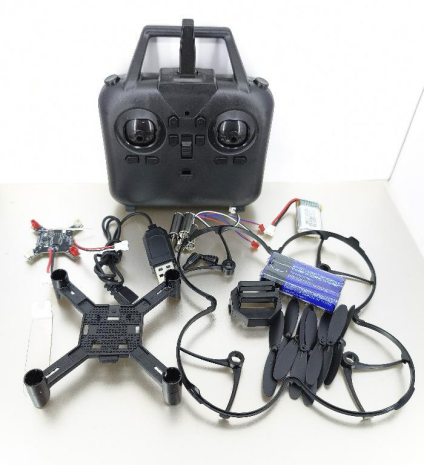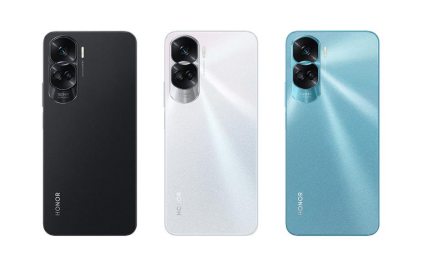Advantages of Integrated Systems in Residential Solar
As the world shifts towards sustainable energy solutions, residential solar power has emerged as a frontrunner in the race to reduce carbon footprints and reliance on traditional energy sources. Within the realm of residential solar, integrated systems have gained prominence for their ability to streamline processes, enhance efficiency, and offer a seamless user experience. In this article, we explore the advantages of integrated systems in residential solar, shedding light on how these holistic solutions are transforming the way we harness the sun's energy for our homes.
The Benefits of Integrated Systems in Residential Settings
Efficiency through Coordination
One of the primary advantages of integrated systems in residential solar is the heightened efficiency achieved through the coordination of various components. Traditional solar setups often involve disparate elements such as solar panels, inverters, and monitoring systems from different manufacturers. Integrated systems, on the other hand, are designed to work together seamlessly. This coordination optimizes energy production, ensuring that each component operates at its peak efficiency. With all parts of the system working in harmony, integrated setups maximize the electricity generated from the available sunlight.
Simplified Installation and Maintenance
Integrated systems simplify the installation process, making it more accessible for homeowners and installers alike. Since all components are designed to integrate seamlessly, there is less room for compatibility issues and technical challenges during installation. This not only reduces the time and effort required for setup but also lowers installation costs. Furthermore, integrated systems often come with centralized monitoring and diagnostic tools, facilitating easier maintenance. Homeowners can easily track the performance of their solar system and address any issues promptly, ensuring long-term reliability.

Enhanced Aesthetics and Space Utilization
The integration of solar components extends beyond functionality; it also contributes to improved aesthetics and space utilization. Integrated systems are often designed with a focus on visual appeal, offering a sleek and modern look that seamlessly blends with the architecture of residential properties. Additionally, integrated solar solutions may be more space-efficient, allowing for the installation of more solar panels within a limited space. This is particularly advantageous for homeowners with limited roof space, as integrated systems can maximize energy production without compromising the visual appeal of the property.
Optimized Energy Storage Integration
As energy storage becomes an integral part of residential solar systems, integrated solutions offer a significant advantage in optimizing the integration of storage technologies, including innovative green energy storage options. Whether it's advanced batteries or other cutting-edge storage solutions, integrated systems are engineered to work seamlessly with these components. This ensures that the excess energy generated during peak sunlight hours is efficiently stored in environmentally friendly ways, such as through green energy storage, for later use. This not only enhances the overall reliability and self-sufficiency of the solar installation but also aligns with the broader goal of minimizing environmental impact. HUAWEI provides intelligent photovoltaic solutions designed for both homeowners and utility plant owners. Their cutting-edge green energy storage technology stands at the forefront of the industry, earning a reputation for exceptional reliability.

Scalability and Future-Proofing
Integrated systems are often designed with scalability in mind, allowing homeowners to easily expand their solar installations as their energy needs grow. This scalability contributes to the future-proofing of residential solar setups, ensuring that they can adapt to evolving energy demands and technological advancements. Whether it's adding more solar panels, incorporating new energy storage solutions, or integrating advanced monitoring technologies, homeowners can seamlessly upgrade their integrated systems to stay at the forefront of solar energy innovation.
Conclusion
Integrated systems represent a paradigm shift in residential solar, offering a host of advantages that go beyond the sum of their individual components. The coordination of solar panels, inverters, monitoring systems, and energy storage technologies results in heightened efficiency, simplified installation and maintenance, enhanced aesthetics, and the ability to adapt to future energy needs. As the demand for sustainable energy solutions continues to grow, integrated systems are playing a pivotal role in making solar power more accessible, efficient, and visually appealing for homeowners around the world. Embracing the power of integration is not just a technological choice; it's a step towards a more sustainable and interconnected future.








